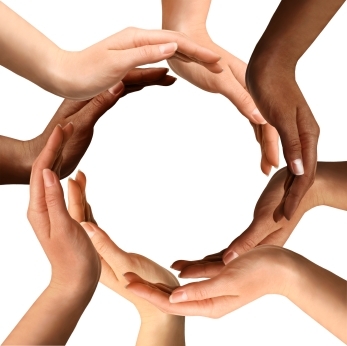
Anchoring In Unsettling Seasons
In a world where so many things once considered normal have been upended, many of us are grappling with proper ways to engage this new world. One way is to be culturally responsive. Designated Limited English Proficiency trainer for MCADV, Training Coordinator Paula Granger, advises that one of the threads that runs throughout her training is the importance of being culturally sensitive and respectful. At times, it is easy to be insensitive to how meaningful certain elements are to cultures that differ from our own. It is equally as easy to decide that our traditions and methods are preferred, and sometimes promote them as “best practices.”
As an agency privileged to engage in a multi-cultural, multi-racial community, we are keenly aware of the responsibility that accompanies our jobs. The Department of Health and Human Services Office of Minority Health reminds us that culturally responsible care reflects “the ability to be appropriately responsive to the attitudes, feelings, or circumstances of groups of people that share a common and distinctive racial, national, religious, linguistic, or cultural heritage” (National standards for culturally and linguistically appropriate services in health care report, US Department of Health and Human Services, 2001). Often the persons with whom we work differ from us in ways that may be nuanced or pronounced. Raising our personal awareness about others’ lives and circumstances tends to offer them feelings of comfort and trust, creating an environment that promotes healing and wholeness. Remember, cultures exist within cultures. This is especially important to apply to the belief that just because someone looks like us or lives in our neighborhood or in the same part of the country in which we reside, or even in the same country does not mean that our cultures are parallel.
Here are a few suggestions to ensure that we are loving our neighbors as ourselves:
Pay attention to our own biases.
Do my personal beliefs impede my ability to engage respectfully with others?
Listen to understand what others are expressing.
Am I hearing beyond what the person is saying to understand what they mean?
Ask questions to make sure we are hearing accurately.
May I say back to you what I think you said?
Learn about other cultures.
It’s my responsibility to learn about the cultures represented in the populations we serve and with whom we work.
Engage.
What type of festivals or community events can I participate in to support the populations we serve?

The Mississippi Legislature is Back in Session
After almost three months of social distancing and state mandated Stay- At -Home Orders, the Mississippi Legislature returned to the Capitol in March to prepare to take on the needs and concerns of Mississippians due to COVID-19. Legislators filled the halls in their PPE gear as they sought to make decisions concerning the budgeting of $1.2 Million in COVID-19 Relief Funds from the federal CARES Act. Many Legislators were eager to support and help small businesses that experienced great loss during state regulated Stay-At-Home and Safer-At-Home orders. While some were determined to increase funding for educational needs and the redevelopment of public schools following the pandemic, others were concerned about small hospitals in rural Mississippi and the rapid increase in COVID-19 related deaths in the black community. With many long nights and various bipartisan agreements, the Mississippi Legislature passed Senate Bill 2772 which grants 300 million dollars to a small business relief fund. Legislators are continuing to decide on the FY21 budget and other COVID Relief Funds.
After the Memorial Day weekend, the Legislature returned on May 27th to resume discussion for all active measures. Legislation like HB 1386 (Advocate Confidentiality) and HB 1130 ( State Domestic Violence Funds Match Revisions) are still on the agenda for some legislators. With help across chambers, Advocate Confidentiality will take another stride in the House as the Senate makes amendments. Although State DV Funds sits on the docket in the Senate Appropriations Committee, conversations with committee members give hope that the issue will be visited soon. MCADV has continued to advocate and educate about these issues through virtual advocacy days, emails, calls, and virtual meetings. We will continue to give voice to these issues as we advocate for legislation to help advocates, victims, and survivors of Domestic Violence.
For more information or ways to get involved, email our Policy and Systems Advocacy Coordinator at robin.jackson@mcadv.org.

Support Domestic Violence Victims and Survivors Through Giving
Facing unknown certainty is frightening for domestic violence victims as well as domestic violence shelter staff and administrators. As we continue to deal with unknown factors of COVID-19, domestic violence victims are also dealing with the stress of being isolated with their abuser. MCADV is working daily to be the support needed for our member shelters and to advocate for victims and survivors. We need help from our supporters now more than ever to continue the fight against domestic violence.
MCADV initiated our 40 for 40 Campaign in honor of our 40 year anniversary. Our goal is to raise $40,000 so that we can better assist victims and survivors of domestic violence. Your contribution to our campaign will make a difference in the fight against domestic violence in Mississippi. A $40 donation will:
- Assist in making sure when a survivor calls, they get the help and resources needed.
- Support our efforts to bring awareness and educate the community about domestic violence.
- Underwrite trainings for advocates to increase the service delivery system for victims and survivors.
Your support in our 40 for 40 Campaign ensures that victims get the help and resources needed. To make your $40 donation click below. Be sure to put 40for40 in the notes.
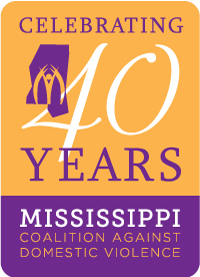
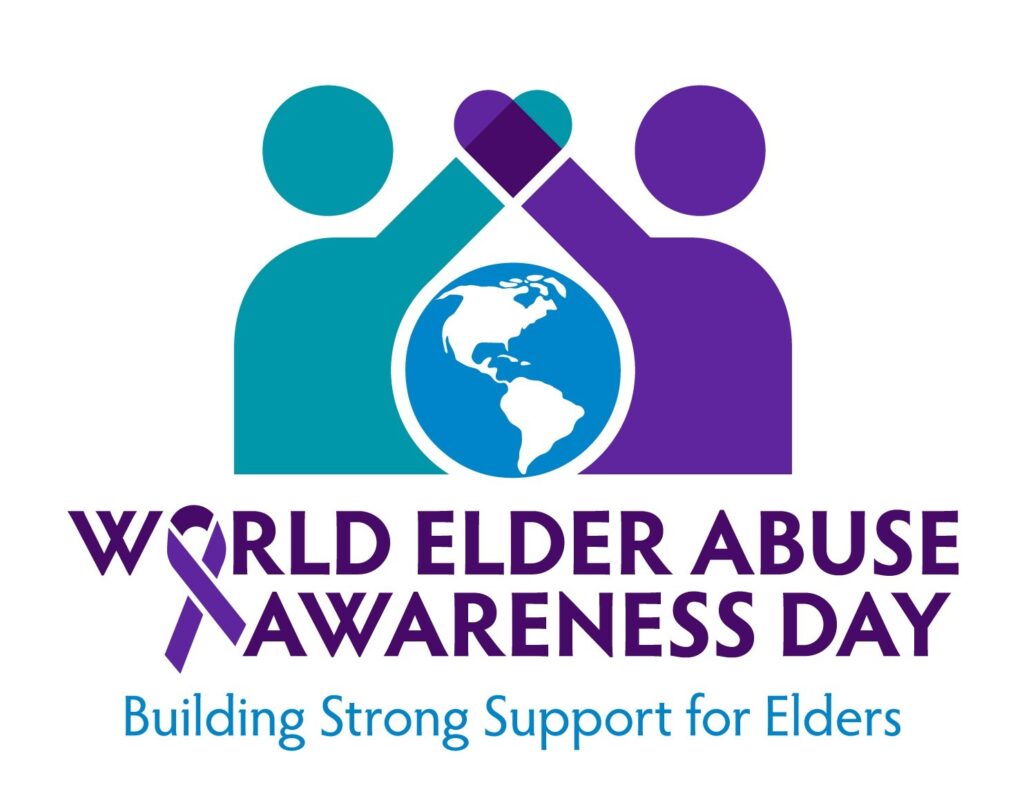
World Elder Abuse Awareness Day (WEAAD) was launched on June 15, 2006 by the International Network for the Prevention of Elder Abuse and the World Health Organization at the United Nations (UN). WEAAD aims to provide an opportunity for communities around the world to promote a better understanding of abuse and neglect of older persons by raising awareness of the cultural, social, economic, and demographic processes affecting elder abuse and neglect. President Obama signed into law the Elder Justice Act in 2010 which is dedicated to the prevention, detection, treatment, intervention and prosecution of elder abuse, neglect and exploitation, while recognizing that every individual should be able to live a life free of any form of these experiences, and advocating for that cause.
Elder abuse includes physical abuse, emotional abuse, sexual abuse, exploitation, neglect, and abandonment. Perpetrators include children, other family members, and spouses. Staff at nursing homes, assisted living, and other facilities also count for a large number of abusers. Social isolation and mental impairment (such as dementia or Alzheimer’s disease) are two common factors of elder abuse. COVID-19 and Stay At Home orders have given abusers more opportunity to violate elders in our community. Older women who are abused are more likely to suffer illness and die sooner than those who are spared abuse.
Successful treatment or resolution of elder abuse rarely involves quick and immediate rescue of the victim of abuse with a single intervention. Instead, successful interventions are typically ongoing, and community based. This means getting to know your elderly neighbor and consistently visiting them is key to making sure they are safe. Volunteering in local nursing homes can help ensure the safety of its residents. Additionally, residents knowing that there will be someone visiting will help them feel safe in reporting unfair or careless acts to someone who cares.
Helpful Links
Elder Abuse – A Global Issue (Video)
Administration on Community Living
National Adult Protective Services Association
Protection Order vs Restraining Order
Imagine you are dating someone and everything is going great. One day, your significant other gets angry about something and punches you in the face. Now, imagine the same relationship, before the angry scenario, but your significant other belittles you every day. That person keeps you isolated and doesn’t let you have any money to do anything. That same person also tells you how useless and worthless you are. They then continue to tell you that if you leave, you better watch your back because they will kill you. Lastly, go back to the beginning, when you are just dating and nothing bad has happened, and your significant other says, “If you do not convert to my religion, you do not love me.” This person then violently threatens you.
All of these scenarios are instances of domestic violence and deserve a protection order for the victim. If these things were to happen to you, then the first thing you should do is petition the court for a protection order. An individual can petition for an emergency, temporary, or final protection order. The difference between the three orders is the time frame of the orders and the court you obtain them from. An Emergency Protection Order lasts 10 days, while a Temporary Protection Order can last 30 days or 1 year if there are no children in common. These two orders are obtained from a Justice or Municipal Court. A Final Protection Order can last any time that the judge determines is sufficient, and it is obtained from a Chancery or County Court.
Contrast the previous scenario with this one. Imagine you have an argument with your next-door neighbor regarding a tree limb that fell on your property. Things get heated to the point that you feel fear when you have to deal with the neighbor. This scenario would not allow for a protection order, but it would allow for a restraining order. One of the biggest differences between the two orders is that someone who violates a protection order can actually be arrested at the time of the violation. Another huge difference is that the relationship between the petitioner and respondent for the protection order matters. You can get a restraining order against anyone, but there has to be some type of relationship between the two parties to petition for a protection order.
To contact our Legal Services Coordinator regarding any domestic violence legal issues, call 601-882-5550 or email legalservices@mcadv.org.
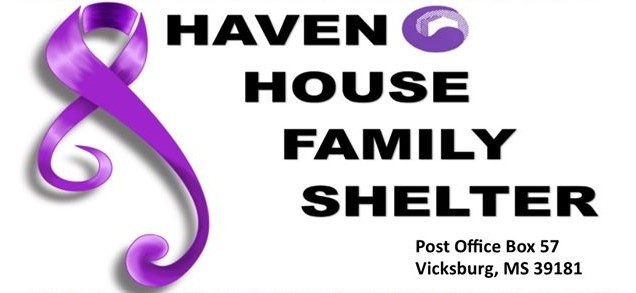
Haven House Family Shelter in Vicksburg, MS has been serving Survivors from Warren and surrounding counties for over 35 years. Haven House offers a multitude of services through our Shelter and Outreach Programs. Survivors need more than services such as food and shelter; they also need healing from the trauma they have experienced, sometimes beginning in childhood. This seems like a good time to highlight the need for counseling. Trauma can be compounded by additional anxiety and depression from isolation due to COVID-19 and now witnessing the violence and strangulation of an African American man on video by a public servant, bringing to the surface the pain of racism and discrimination. These events can trigger fear for their own lives and lives of their family and friends even when safe from their abuser.
Joycelyn Green, the counselor at Haven House, offers individual and group counseling weekly for residents and offsite for those who may be experiencing abuse but do not need shelter. Joycelyn describes the beginning of the healing process: “the counselor builds a bond with the survivor…you nurture that bond through listening and honesty; listening with an open mind, heart, and ear is essential to the process of the survivor regaining their voice to be heard”. She wants survivors to understand the patterns of abuse in relationships. Her dedication is evident in her own words as she describes the counseling experience: “There is nothing more heartwarming than seeing a survivor that once did not believe in themselves conquer every goal they have set. Empowering and giving these survivors the tools to reach deep inside and grab that strength they have always had to live independently from abuse is what I do as a domestic violence counselor at Haven House Family Shelter”.
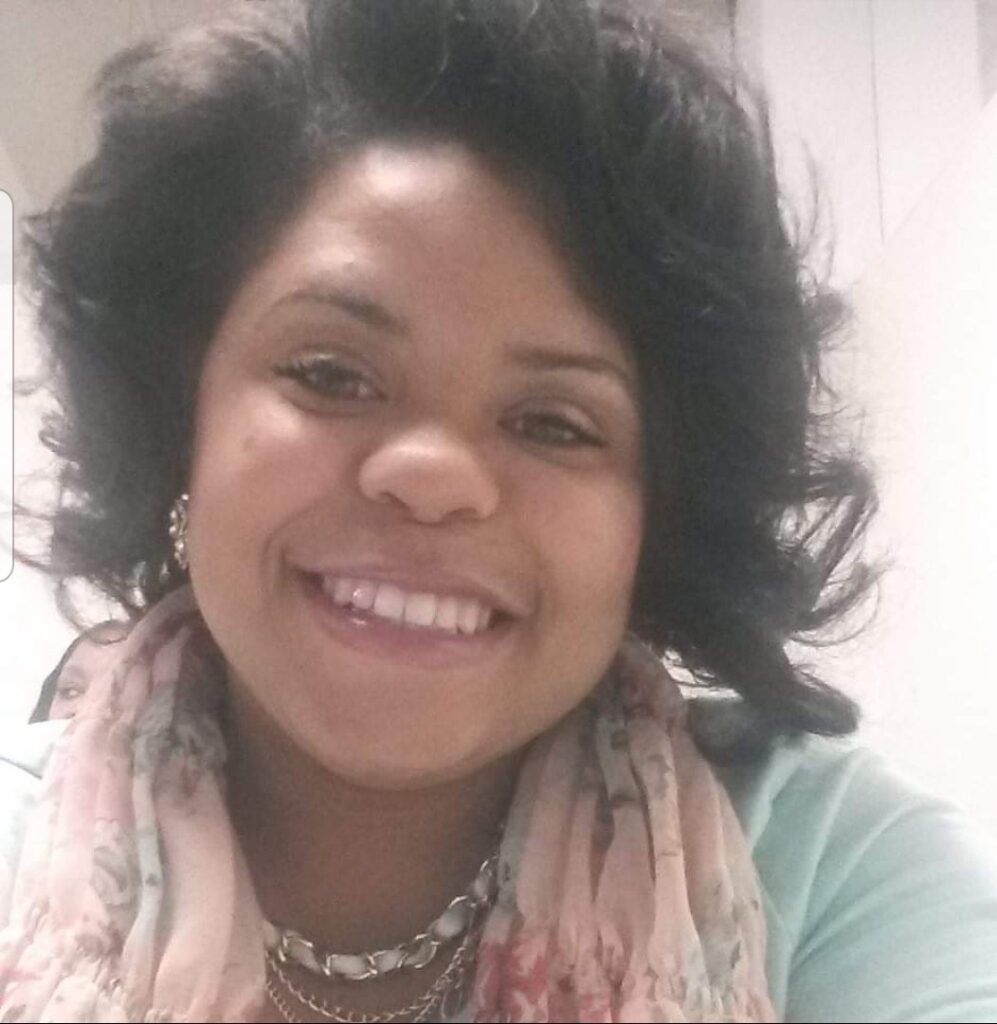
Website: myhavenhouse.org
Facebook: @havenhousefamilyshelter
